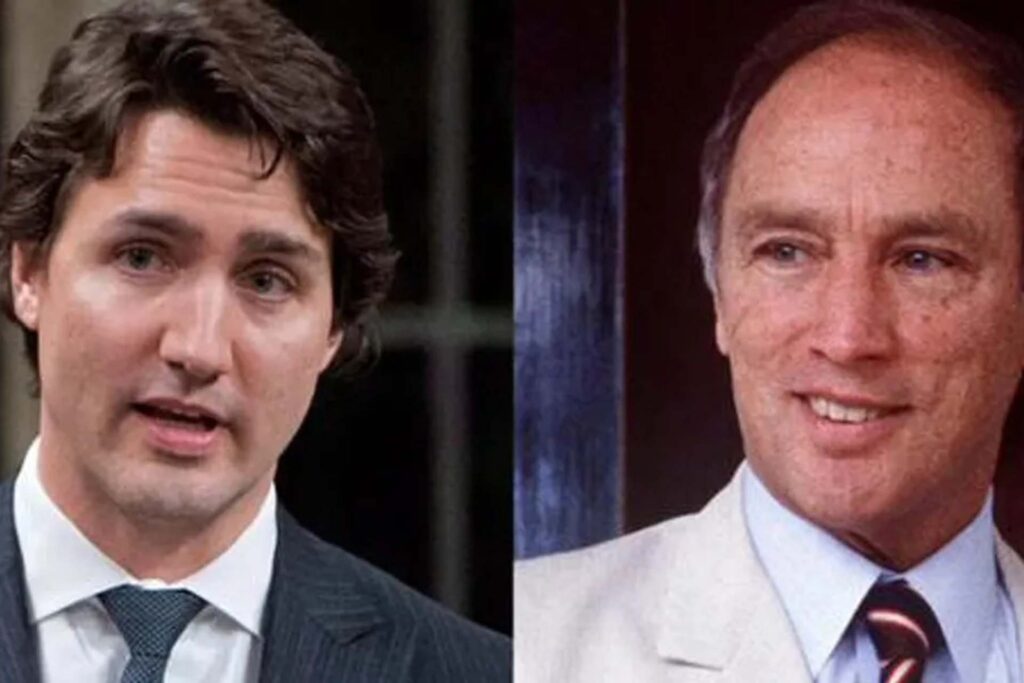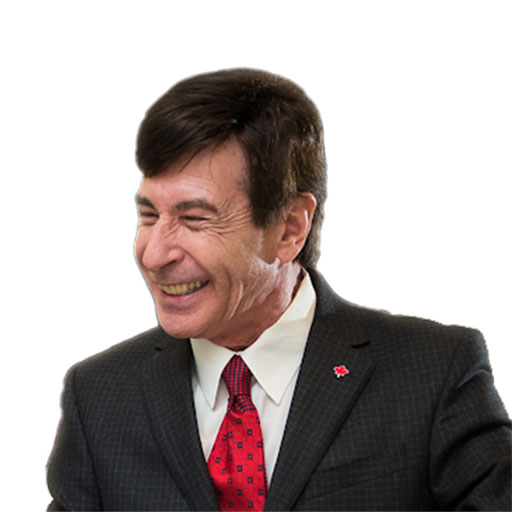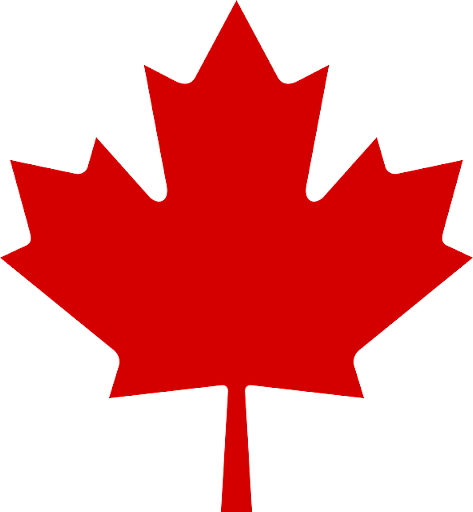“Elections, as I have been telling the people I have been talking to, is a time when politicians must have conversations with Canadians and it is a time when we are all stimulated to think about the history of our country, about its place in the world, about our place in the whole of Canada. To think about it, not only as businessmen or stockbrokers or members of one community or one profession, but as Canadians who have to make a choice while they are holding in mind not their particular interest, but while they are taking the national view in mind.”
-Pierre Elliott Trudeau at the Empire Club of Canada, September 29th, 1972
Anyone old enough to remember Trudeaumania in the 1970s had a brief smile this week when our Prime Minister was mobbed by adoring fans in Manilla who screamed in delight as he walked by them as if he were a rock star or a celebrated movie actor. Since we are living in what most people describe as difficult times when the peoples of the world are focused on terrorism, climate change, and economic turmoil, brief interludes such as this one offer some welcome relief. They also remind us of a more innocent and simpler era.
Like his father before him, Justin Trudeau is enjoying a political honeymoon, described generally by the media as the period immediately following an election when approval ratings are actually above what they were at the moment of the election itself. Some political honeymoons are short or even non-existent, and others-like that of Mr. Trudeau senior-are fairly long. This much-hoped-for period of serenity almost always immediately follows an election for a very good reason: either because people are still filled with hope and the belief that things are going to get better for them and for Canada, but also because-as Pierre Trudeau said at the Empire Club in 1972- they have just lived through that ultimate consultation process known as an election where they were talked to at length, and can believe that their grand ideas have a chance at making their way into law through the House of Commons.
Looking through the hundreds of speeches given to the Empire Club over the past 112 years on the topic of political popularity or lack thereof, one theme seems to emerge as a common denominator…politicians remain in much higher regard and enjoy much longer honeymoon periods if they appear to have a vision for the country that they articulated throughout the election period and then actually stick to after coming to power. One of the most poignant expressions of this phenomenon was expressed by Peter Worthington when he spoke to the Club on October 11th, 1984, and talked about this need for a vision which is perhaps at the core of greatness:
“You must have a philosophy, or an ideology if you want greatness. I think the opposition leader should have it, I think the Prime Minister should have it. You cannot become great through pragmatism. With pragmatism, you may hold power for a term, but it will inevitably disintegrate into opportunism. We need more than pragmatism for greatness and I think, personally, most Canadians want their country to be great.”
So many politicians come into power, whether in Canada or elsewhere, and begin to react to events on a purely pragmatic basis, soon forgetting all of the election promises that they made to get elected and watching their own vision slowly die before their own eyes. As Mr. Worthington so clearly expressed, such pragmatism may allow you to remain in power for a time, but without any vision and the courage to act on that vision, you will soon sink into that category of human being that people have no respect for. When no more election promises are being acted on or even discussed, and when political expediency and opportunism rule the decision-making process, life may seem temporarily easier for a short while but soon all respect, trust, and admiration disappear. It is then that the political honeymoon is truly over, and resentment begins to creep into the way people view you. Why? Because people just figured out that you’ll say or do anything to stay in power, and that you don’t really stand for those things that people voted for.
Our new Prime Minister is a likable, intelligent, well-spoken, and attractive leader, but the political honeymoon will end someday as it does for anyone in a position of power. What he will have to fall back on, like all leaders who have succeeded throughout our history, is the courage and ability to act on his vision and not become- as Peter Worthington opined to the Club in 1984- a pragmatist spinning in the wind.
Certainly, not all Canadians will ever agree with the vision of Justin Trudeau, and this is for a host of reasons that go well beyond simple political partisanship. But every Canadian admires strong, honest, and transparent leadership, and only with vision and the ability to stick to a vision while not ignoring the various curveballs of history, is great leadership achieved. The archives of the Empire Club tell that story time and time again.


